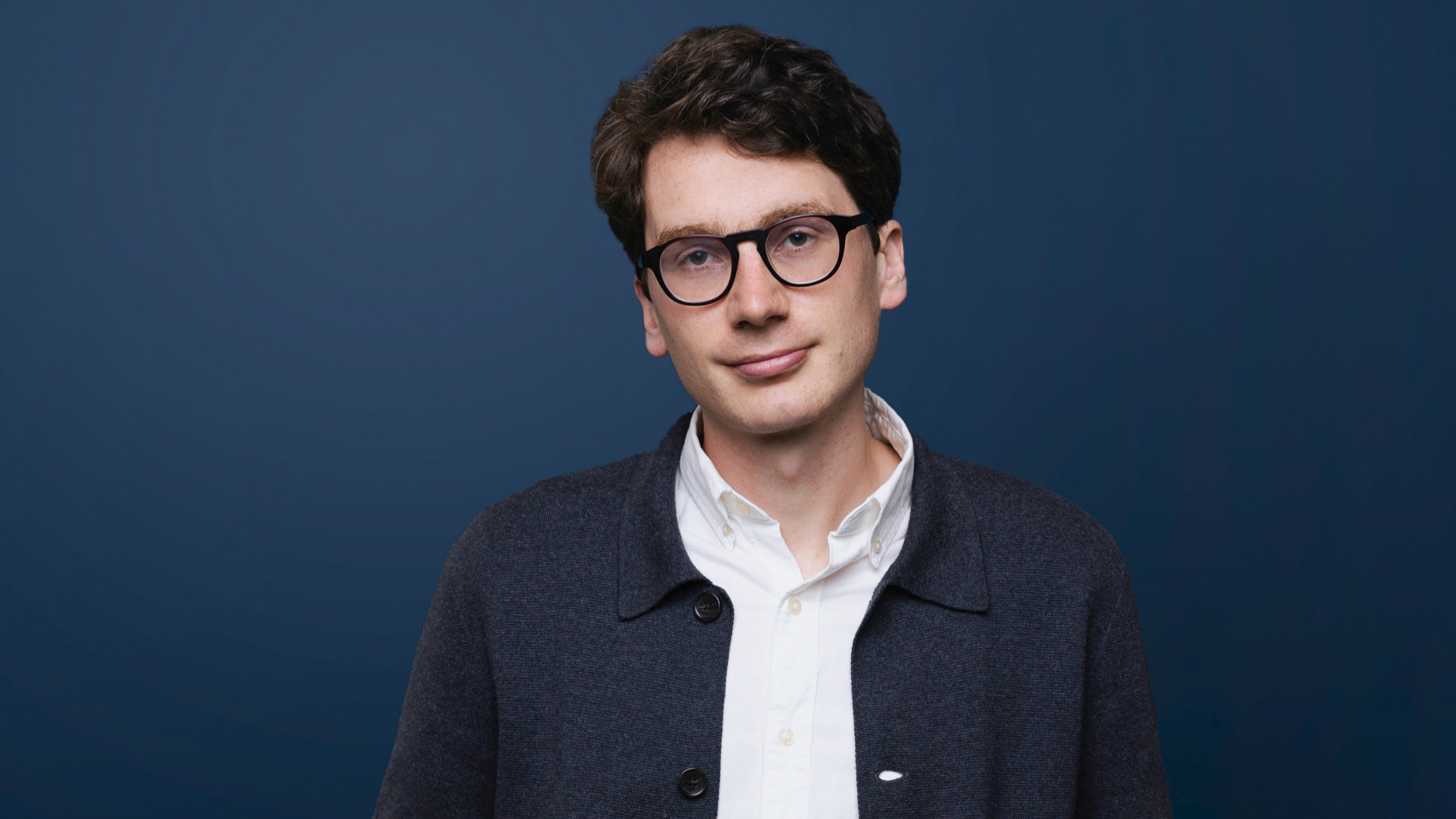
Tom Lemberg, Curebase CEO
DCT startup looking to forge better community relationships nets a modest Series B
The decentralized clinical trial industry went through a huge boom during the Covid-19 pandemic as biotechs and Big Pharma companies alike were forced to shift …
Sign up to read this article for free.
Get free access to a limited number of articles, plus choose newsletters to get straight to your inbox.